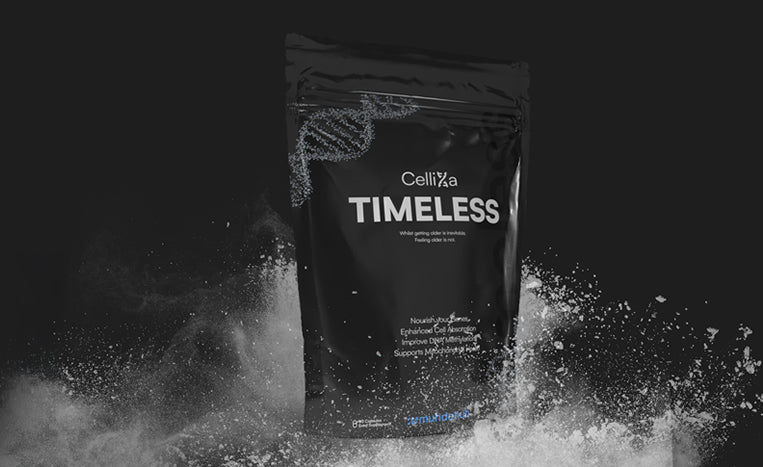


FAQs
What's the difference between genetics and epigenetics?
Genetics refers to the DNA you inherit from your parents which is fixed and does not change. While your genetic code remains the same throughout your life, environmental factors like diet, exercise, stress, and toxins can influence how genes are expressed (turned on or off) through epigenetic modifications such as DNA methylation.
Can my lifestyle influence my genes?
Yes! While your DNA sequence (the genetic code you inherit from your parents) remains the same throughout your life, your lifestyles choices can influence how your genes are expressed, this is known as epigenetics.
Epigenetics mechanisms, such as DNA methylation, act like switches that turn genes "on" or "off" based on environmental and lifestyle factors. This means that your diet, exercise, sleep, stress levels, and exposure to toxins can all affect how your genes function, potentially affecting your health, ageing, and disease risk.
What is Methylation?
DNA methylation is an epigenetics and crucial biological process that happens billions of times per second in nearly every cell in your body where chemical groups (methyl groups) attach to your DNA, affecting how your genes are turned on or off without altering the DNA sequence itself.
This plays a vital role in many essential functions, including DNA repair, gene expression, detoxification, and energy production.
What is the best diet to improve Methylation?
A diet rich in leafy greens (for folate or B9), fish and eggs (for B12 and choline), or nuts (for B6) can help ensure that your methylation process runs smoothly.
Avoiding nutrient deficiencies is crucial because inefficient methylation can affect everything from DNA stability to mental health. By eating a nutrient-dense diet or using certain supplements as needed, you can support healthy methylation and promote long-term health.




